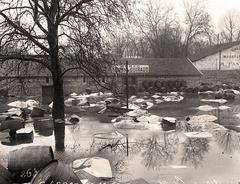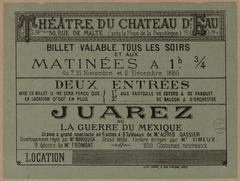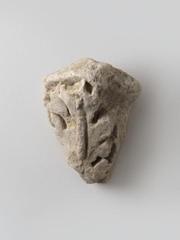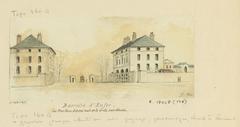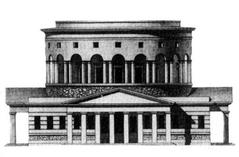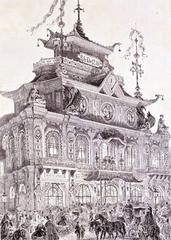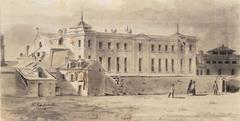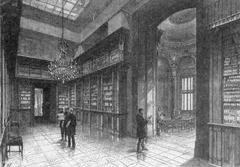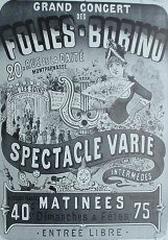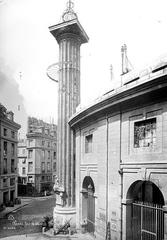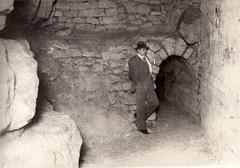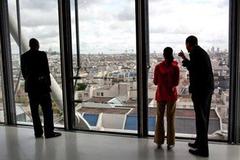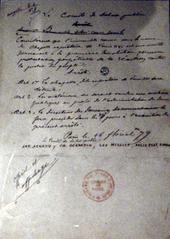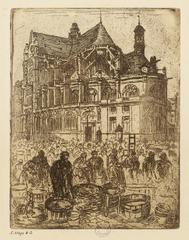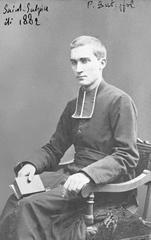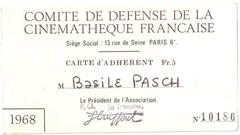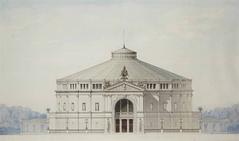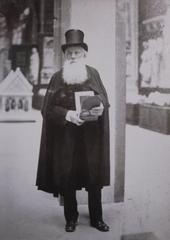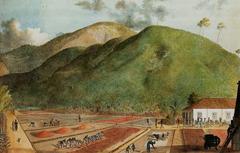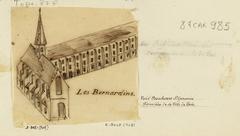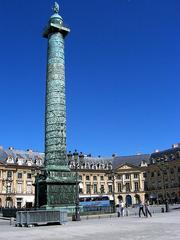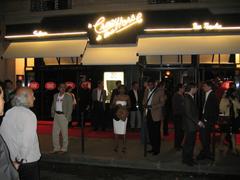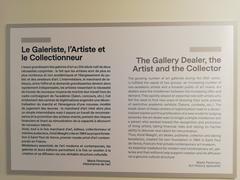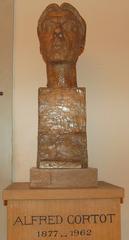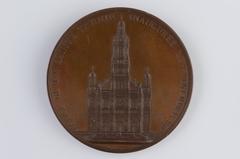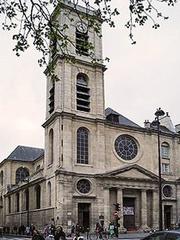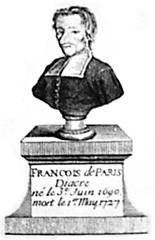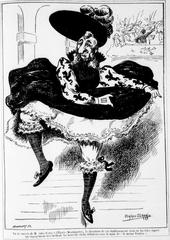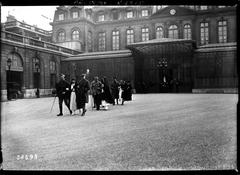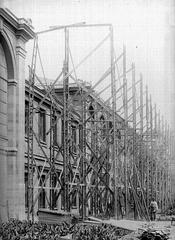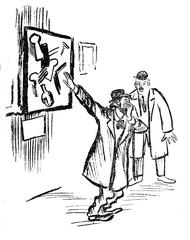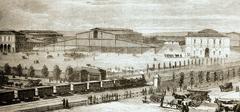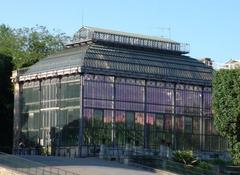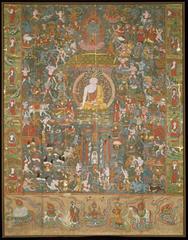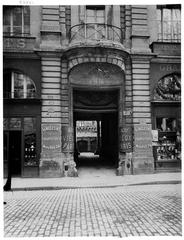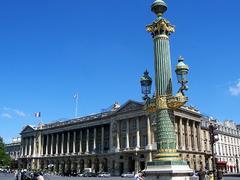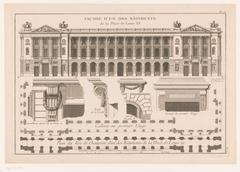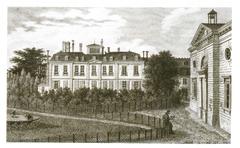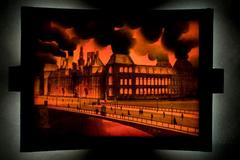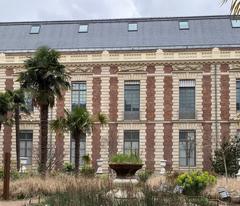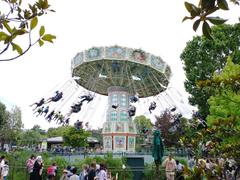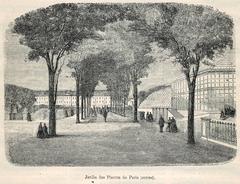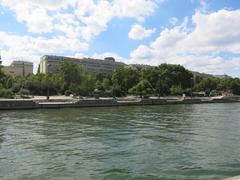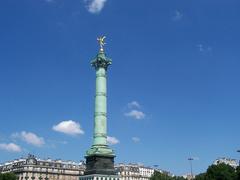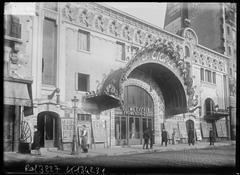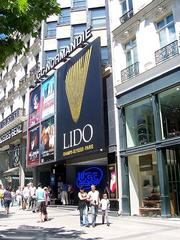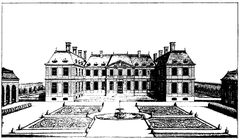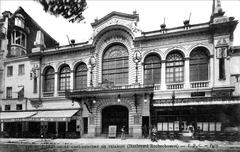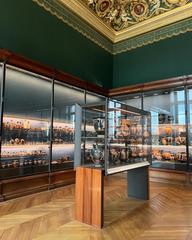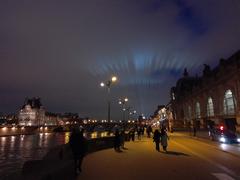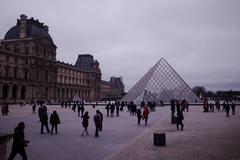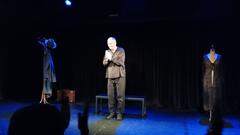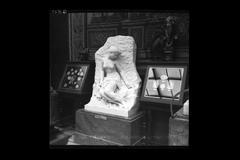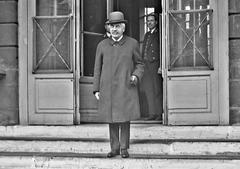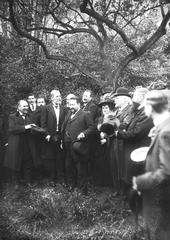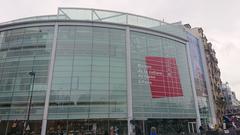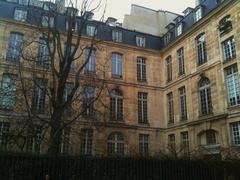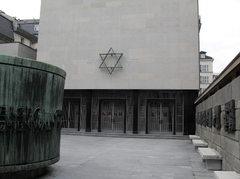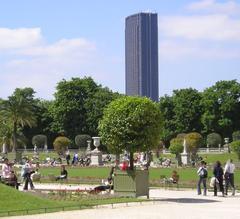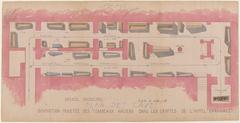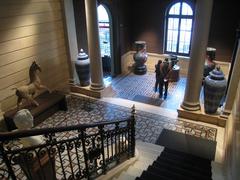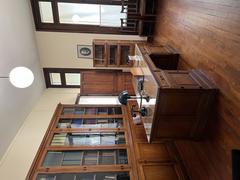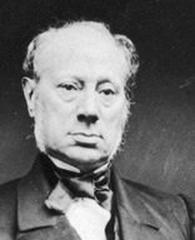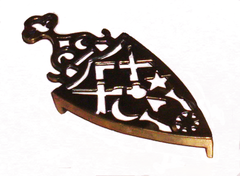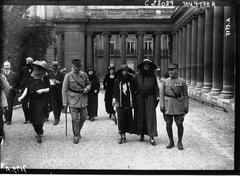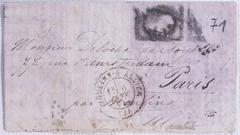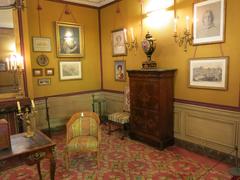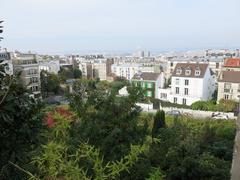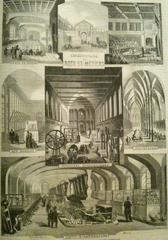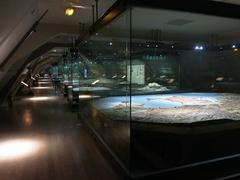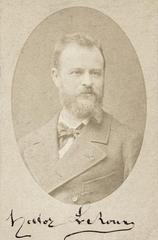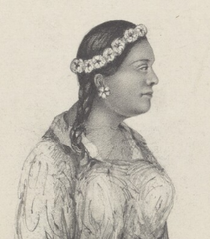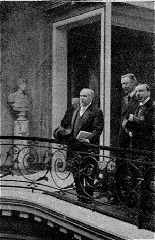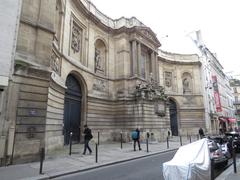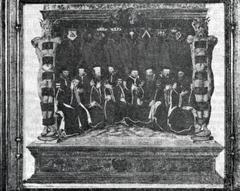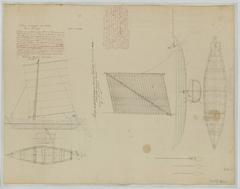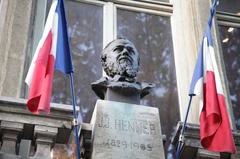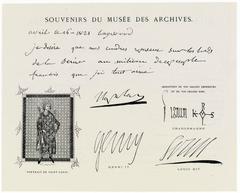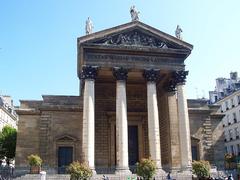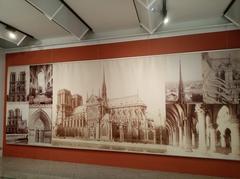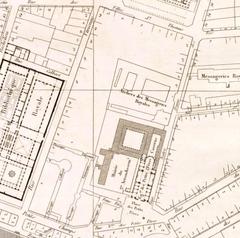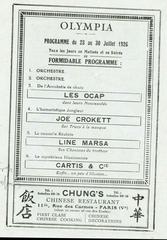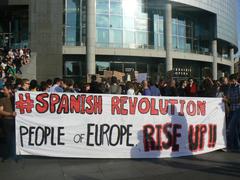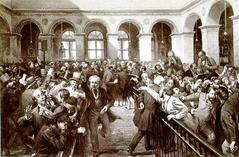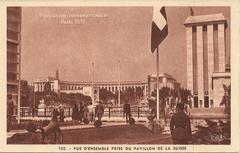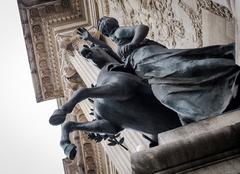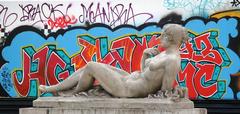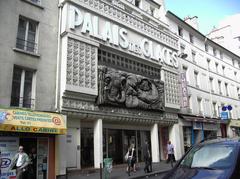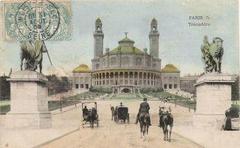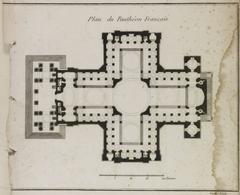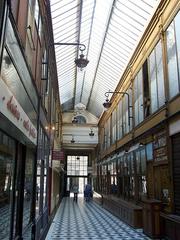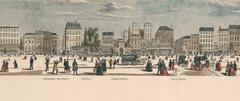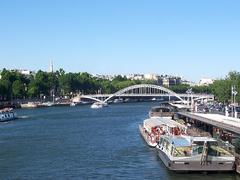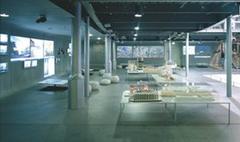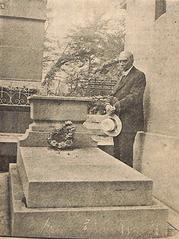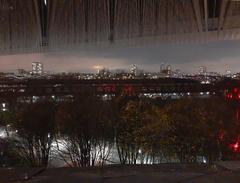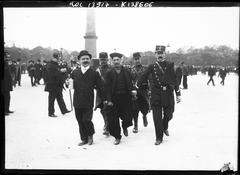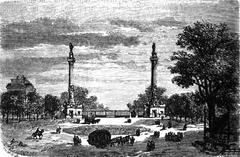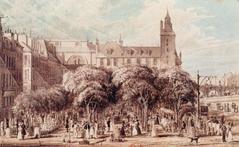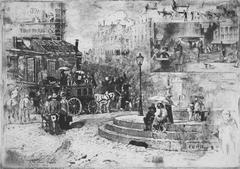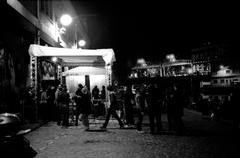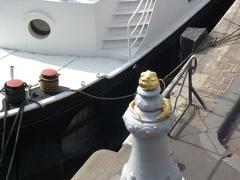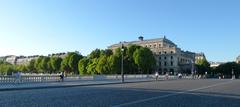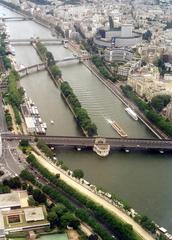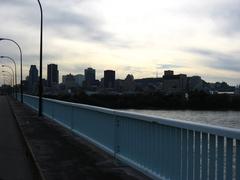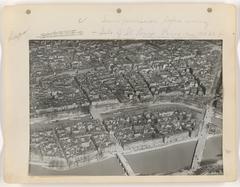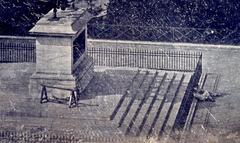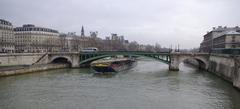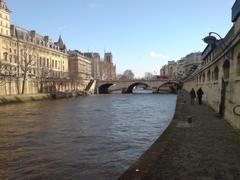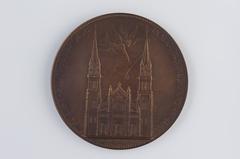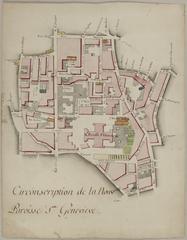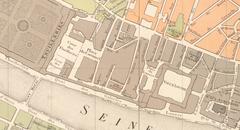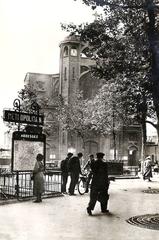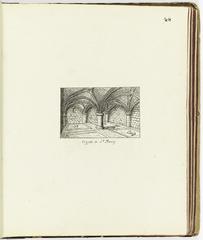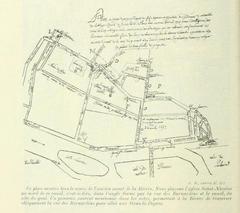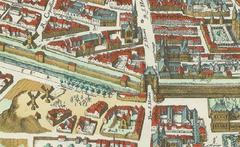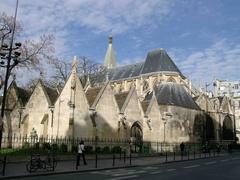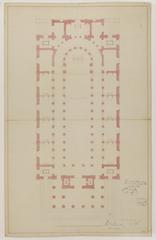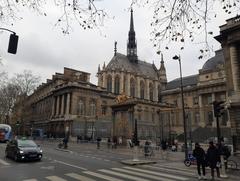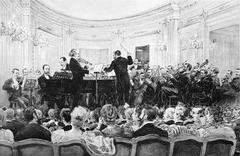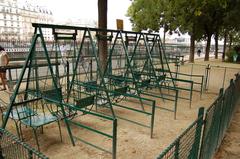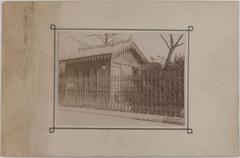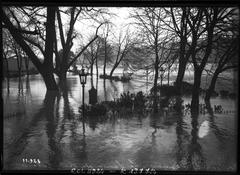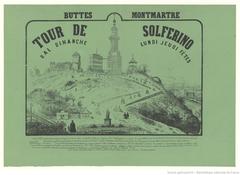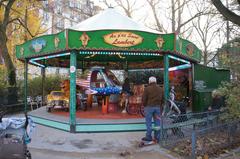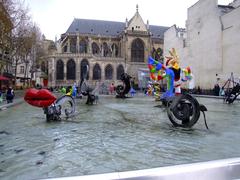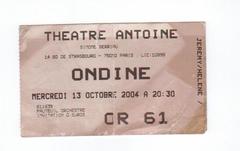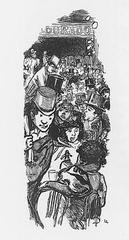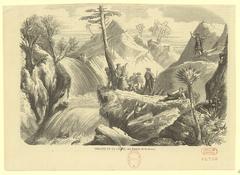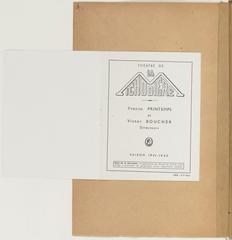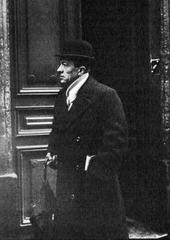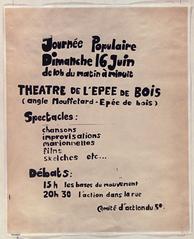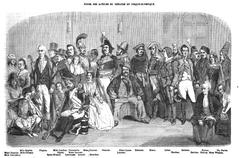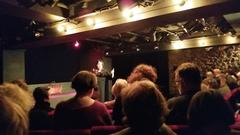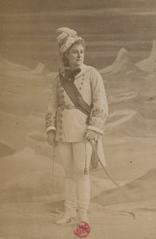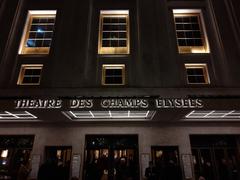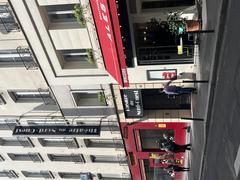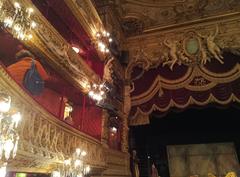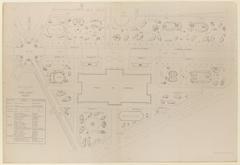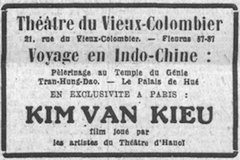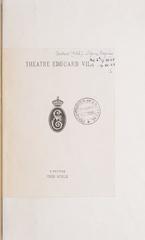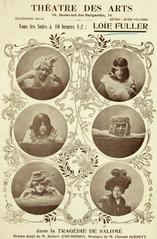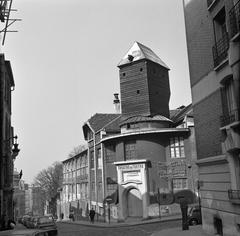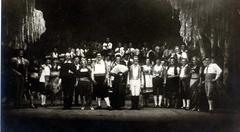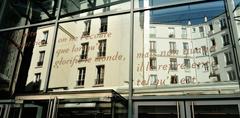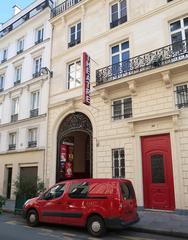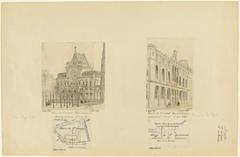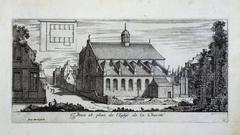Tibet Bureau Paris: Visiting Hours, Tickets, and Historical Significance Guide
Date: 04/07/2025
Introduction
The Tibet Bureau Paris, officially known as the Bureau du Tibet, stands as a pivotal institution bridging Tibetan culture, advocacy, and diplomacy in the heart of Europe. Since its establishment in 1992, the Bureau has represented His Holiness the 14th Dalai Lama and the Central Tibetan Administration (CTA), serving both as an advocacy center for Tibetan rights and a cultural hub for the Tibetan diaspora and wider public. This guide presents an in-depth overview of the Bureau’s history, mission, visitor information, cultural events, and practical tips for your visit.
Table of Contents
- Origins and Establishment
- Diplomatic Role and Advocacy
- Cultural Preservation and Community Engagement
- Visitor Information
- Annual Events and Activities
- Nearby Attractions
- Practical Tips for Visitors
- Frequently Asked Questions (FAQ)
- Summary and Final Recommendations
- References
Origins and Establishment
Founded in September 1992, the Tibet Bureau Paris was created in response to the need for international representation of Tibetan interests following the Chinese occupation of Tibet in the 1950s. Its jurisdiction covers France, the Iberian Peninsula, the Maghreb, and Benelux countries (excluding Belgium), highlighting Western Europe’s strategic importance in international diplomacy and human rights advocacy (Official CTA Website; Wikipedia).
A defining moment in the Bureau’s history was the private audience granted by French President François Mitterrand to the Dalai Lama at the Élysée Palace in 1993, marking a milestone in Franco-Tibetan relations and cementing the Bureau’s function as a de facto Tibetan embassy (Official CTA Website).
Diplomatic Role and Advocacy
The Bureau serves as the official representation of the Dalai Lama and CTA, performing critical diplomatic functions:
- Coordinating Official Visits: Facilitates visits by Tibetan leaders, including the Dalai Lama, to major European capitals, strengthening international dialogue and support for Tibet (Official CTA Website).
- Political Advocacy: Engages with European governments, parliaments, NGOs, and international bodies to raise awareness about Tibet’s political status, human rights situation, and environmental issues (Devdiscourse - Paris Event Illuminates Young Minds on Tibet’s Struggle).
- Cultural Diplomacy: Promotes Tibetan culture, language, and religion through public events, exhibitions, and educational outreach (Wikipedia).
The Bureau is part of a global CTA network, working closely with other Offices of Tibet in London, Brussels, Geneva, and beyond to present a unified advocacy front (Official CTA Website).
Cultural Preservation and Community Engagement
Beyond advocacy, the Bureau is a cornerstone of Tibetan cultural preservation in Europe:
- Cultural Events: Hosts major celebrations such as the Dalai Lama’s birthday, Tibetan New Year (Losar), and the Festival Culturel du Tibet et des Peuples de l’Himalaya (Maison du Tibet).
- Educational Workshops: Organizes Tibet Awareness Days, film screenings, and discussion forums for both young Tibetans and the wider public (Tribune India).
- Youth Engagement: Provides mentorship, language classes, and leadership training to foster the next generation of advocates and cultural custodians.
- Library and Resource Center: Maintains a specialized collection of books, documentaries, and academic materials on Tibetan history, religion, and culture (Maison du Tibet).
Visitor Information
Visiting Hours and Tickets
- Opening Hours: Monday to Friday, 9:30 AM to 5:30 PM. It is strongly recommended to contact the Bureau in advance to confirm hours or schedule your visit, as timings may change due to special events or holidays (Tibet Info).
- Admission: Entry is free for general visits. Certain workshops or festivals may require advance registration or ticketing; check the Bureau’s website or contact directly for details.
Guided Tours and Events
- Guided Tours: Available by prior arrangement, especially during special exhibitions or major cultural events.
- Events: The Bureau’s calendar features regular film screenings, lectures, workshops, and annual festivals. Participation in some events may require advance booking.
Location and Contact
- Address: 84, Boulevard Adolphe Pinard, 75014 Paris, France
- Telephone: +33 (0) 1 46 56 54 53
- Email: [email protected]
- Metro Access: Closest station is Porte d’Orléans (Line 4), approximately a 10-minute walk.
- Accessibility: The venue is wheelchair accessible, but contact the Bureau in advance for specific needs.
Annual Events and Activities
- Festival Culturel du Tibet et des Peuples de l’Himalaya: An annual festival featuring music, dance, art, handicrafts, and cuisine, attracting both Tibetans and the French public (Maison du Tibet).
- Dalai Lama’s Birthday & Losar: Celebrations include religious ceremonies, traditional performances, and community meals.
- Tibet Awareness Days: Educational programs and workshops for youth and broader audiences (Tribune India).
Nearby Attractions
- Parc Montsouris: Picturesque green space ideal for relaxation.
- Cité Internationale Universitaire de Paris: Multicultural campus with cultural events.
- Montparnasse Tower: Offers panoramic views of Paris.
- Luxembourg Gardens & Panthéon: Accessible by public transport for a broader exploration of Parisian heritage.
Practical Tips for Visitors
- Appointments: Recommended for meetings, guided tours, or event participation.
- Language: Staff speak French, English, and Tibetan; English materials are often available.
- Etiquette: Dress modestly for religious or cultural events and expect basic security procedures.
- Photography: Permitted in most public areas, but always ask for permission, especially during events.
- COVID-19 Protocols: As of June 2024, no mandatory restrictions apply, but check for updates before visiting.
Frequently Asked Questions (FAQ)
Q: Do I need to buy tickets to visit the Tibet Bureau Paris?
A: No, general entry is free. Some special events may require advance registration or tickets.
Q: Are guided tours available?
A: Guided tours can be arranged in advance, especially for groups or during major events.
Q: Is the Bureau accessible for visitors with mobility needs?
A: The venue is wheelchair accessible; contact the Bureau for specific accommodations.
Q: Can I take photographs inside?
A: Photography is generally allowed but always ask permission before capturing images indoors.
Q: What languages are spoken at the Bureau?
A: French, English, and Tibetan.
Summary and Final Recommendations
The Tibet Bureau Paris embodies a unique blend of diplomatic advocacy, cultural preservation, and community engagement. Since 1992, its work has amplified the Tibetan cause within Europe, fostered cross-cultural understanding, and offered the public rich opportunities to immerse themselves in Tibetan culture through festivals, exhibitions, and educational events (Official CTA Website; Tribune India; Devdiscourse).
As a visitor, you can explore the Bureau’s dynamic programming, connect with the Tibetan community, and learn about Tibet’s heritage and ongoing struggle for human rights—all within steps of Paris’s famed landmarks. To get the most from your visit, stay informed about upcoming events via the Bureau’s official channels and consider volunteering or participating in cultural programs.
Download the Audiala app for updates, follow the Bureau on social media, and browse related articles for a deeper dive into Tibetan culture and Parisian history. Your engagement supports the preservation of Tibetan identity and the global movement for human rights.
References
- Tibet Bureau Paris: History, Diplomatic Role, and Visitor Information, 2025, Central Tibetan Administration
- Paris Event Illuminates Young Minds on Tibet’s Struggle, 2025, Devdiscourse
- Bureau du Tibet (Paris), Wikipedia
- Bureau du Tibet à Paris et son rôle, Tibet Info
- Bureau du Tibet in Paris Organises Tibet Awareness Day for Young Tibetans, 2025, Tribune India
